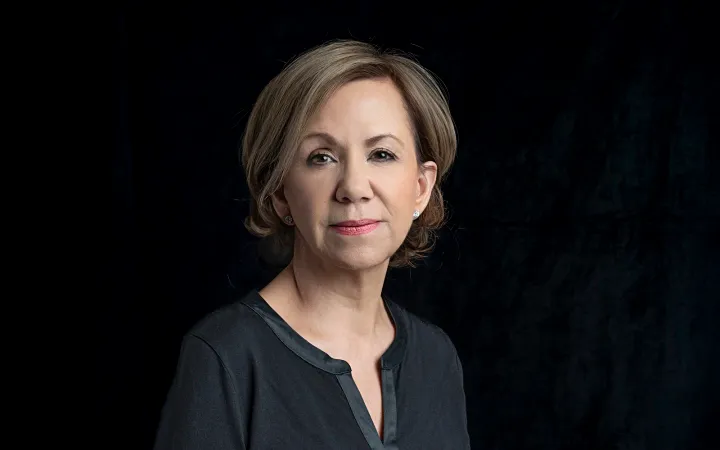Por Nurit Martínez Carballo
La semana pasada, los locatarios de 140 mercados públicos colapsaron por nueve horas la movilidad de la Ciudad de México al salir a demandar claridad en la regularización de las cédulas de empadronamiento sobre sus locales, cuyo proceso está lleno de corrupción en cada una de las alcaldías.
Aún no se ha llegado a un mecanismo para solventar los diez puntos acordados entre los locatarios y los representantes de la Jefa de Gobierno, Clara Brugada, cuando a esta hora se prevé que la Ciudad de México se encuentre en medio de un tremendo caos vial, generado ahora por las movilizaciones de transportistas, comerciantes y empresarios del Estado de México y la Ciudad de México, quienes reclaman poner fin a las extorsiones del crimen organizado y a los abusos policiales en el combate a la violencia en la Zona Metropolitana.
Corrupción, violencia e inseguridad en la vida cotidiana de los capitalinos, esa que enfrentan al salir de casa, tomar una combi, camión o mototaxi para ir a un mercado por frijoles, cebollas, jitomates, chiles y papas, carne, pescado o solo tortillas.
Locatarios y transportistas son blanco de procesos burocráticos, cobros irregulares, coyotes, especulaciones jurídicas y presiones para afiliarse al partido en el gobierno. Así lo he relatado en La Mafia de los Mercados, una de Las 7 Mafias Chilangas. ¿Quiénes gobiernan realmente la CDMX?, de editorial Grijalbo, Penguin Random House, 2023.
Para ofrecer productos de la canasta básica en los 335 mercados de la Ciudad de México, los locatarios reconocen que deben estar dispuestos al soborno o la extorsión institucionalizada, la que viene de las estructuras de gobierno, empezando por las alcaldías y luego ir subiendo en un entramado que requiere a cada paso “un entre” o “moche”.
Las denuncias que hicieron la semana pasada en la mesa ante funcionarios de la Jefa Clara Brugada señalan que eso, que persiste desde épocas prehispánicas y hoy llena escritorios, estantes y libreros en juzgados federales o locales, no cuenta aún con una herramienta para acabar con los intermediarios que adquieren no solo poder económico, sino también político.
Los representantes y líderes de los locatarios, así como de los transportistas, se convierten en gestores o “coyotes”, quienes, a cambio de favores políticos, pueden resolver miles de problemas relacionados con un local. Por ejemplo: que sea autorizado el cambio de la red eléctrica en un local, pintarlo y obtener agua potable.
En el caso de los transportistas, las demandas son parecidas: que los policías dejen de extorsionarlos con multas inexistentes, que no les sancionen porque las combis, microbuses o camiones no están limpios, que los multen por detenerse en lugares prohibidos o manejar sin luces, o por echar carreritas para ganar el pasaje.
Si en alguna ocasión usted vivió esta “experiencia extrema” de viajar en el transporte público del Estado de México, sabe que ocurre eso y más. A la autoridad no le falta razón, pero también es real que hay policías que abusan del poder que detentan para favorecer unas rutas sobre otras, solo porque ahí hay un líder que pasa el “moche” de todos.




